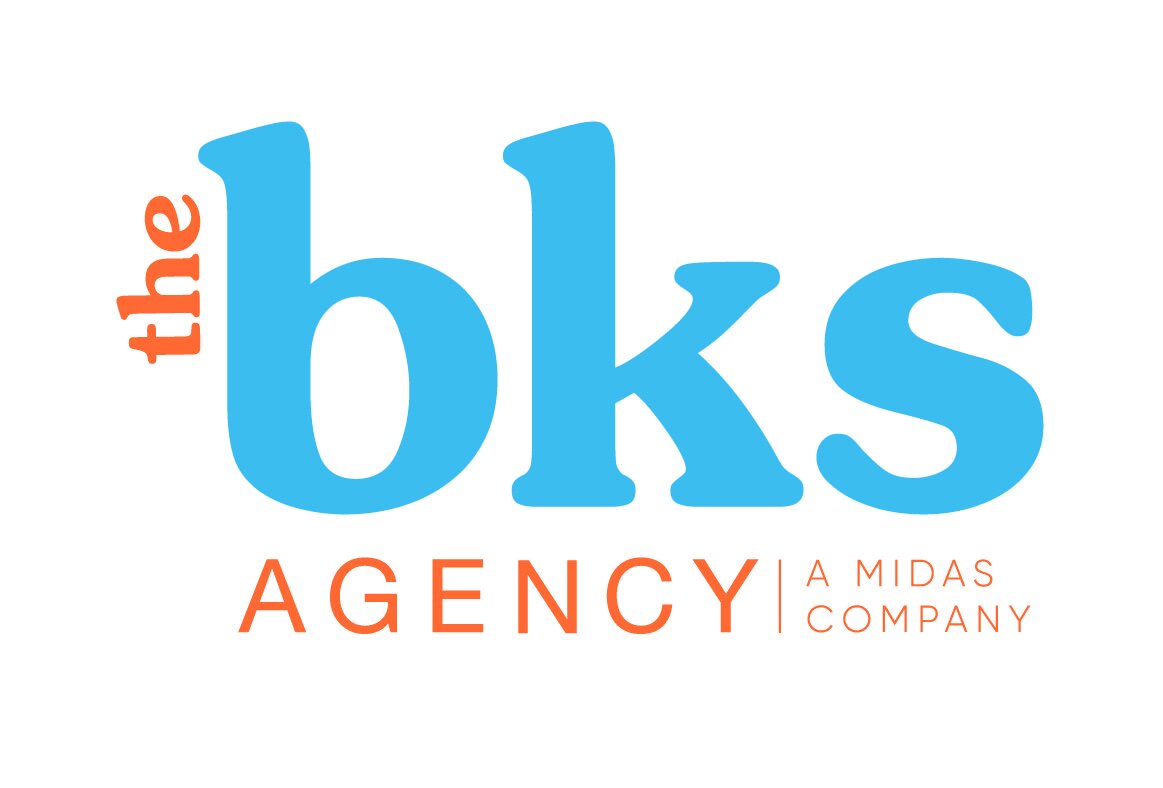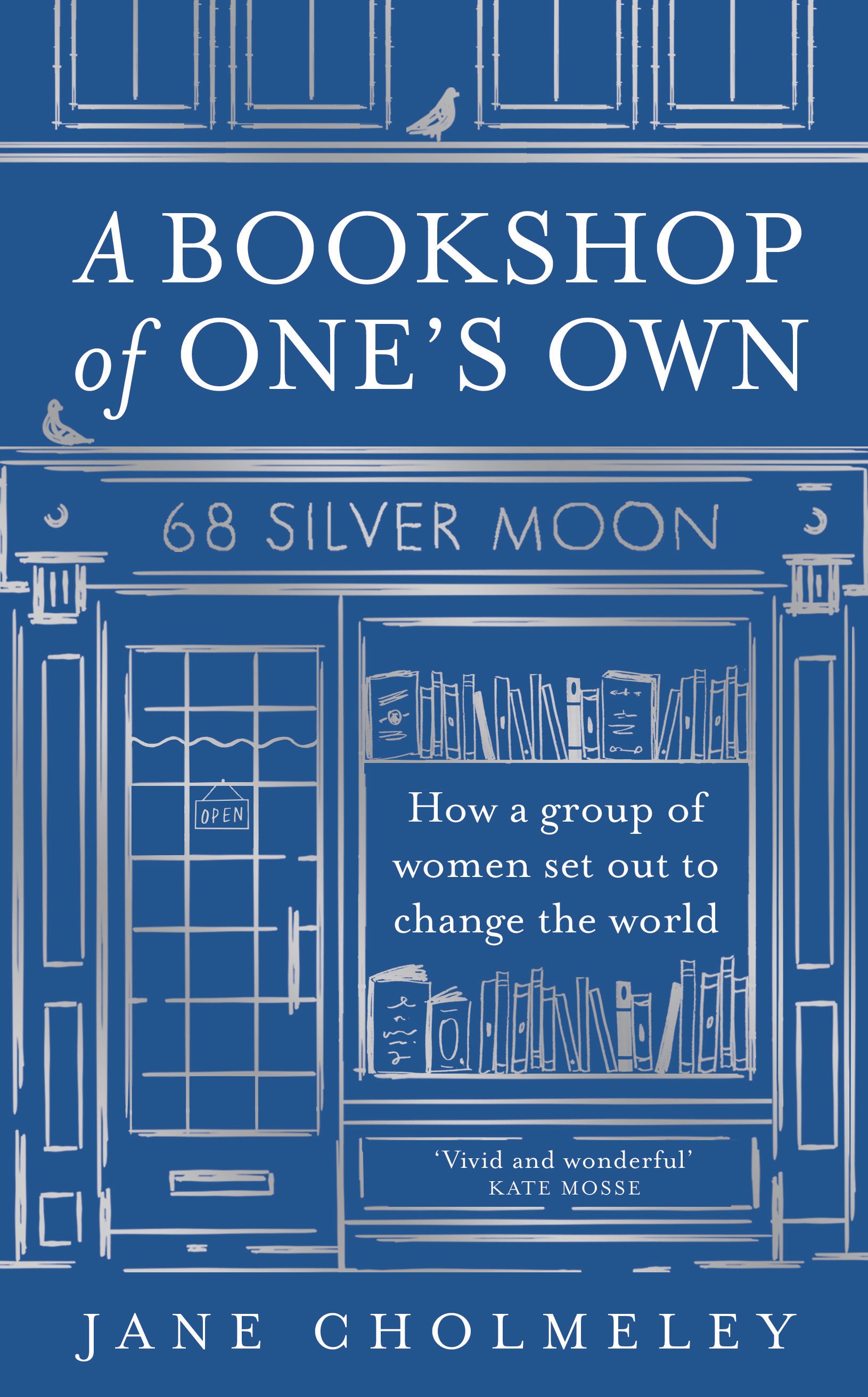“I would claim to be a free speech advocate and the role of the bookseller is to make available the points of view, and the role of the customer is to read and make up their own mind.”
Jane Cholmeley, author of A Bookshop of One’s Own: How a Group of Women set out to Change the World was interviewed recently by The Bookseller’s Benedicte Page. She writes:
If the pioneers of feminist publishing have been deservedly celebrated, don’t those who pioneered feminist bookselling also deserve their plaudits? Yet the booksellers who championed women’s writing in the 1970s, 1980s and 1990s have been largely unsung: according to Jane Cholmeley, co-founder of the famous Charing Cross Road bookshop Silver Moon, that’s probably because they were “so busy running around trying to make a living, adding up the figures, trying to open on time, and making sure there were enough staff” that they didn’t have time to keep an archive or think about their legacy.
Some of that is set to change with publication next year of A Bookshop of One’s Own: How a Group of Women set out to Change the World, Cholmeley’s impressive account of Silver Moon’s 17 years putting women’s writing front and centre in London’s most famous bookselling street. The book is the story of an adventure, both personal and in business, when Jane and her then partner Sue Butterworth were both made redundant from jobs in publishing, and took a leap of faith to set up the bookshop, together with Jane Anger, in 1984, overcoming numerous severe financial and bureaucratic obstacles along the way—not least after having settled on a dirty, crumbling premises that needed major remedial work before they could even open.
Cholmeley says she’s “shocked” now at the couple’s assumption that having been publishers, they could successfully run a bookshop: “Deskilling a whole profession!” she laments. “But we were fired up by our love for each other and our politics, and going back into employment didn’t seem to be an option. We thought, ‘Oh well, we’ll do it ourselves’. The women’s liberation movement at that time was full of extraordinary energy.”
Click here to read the full interview
For enquiries relating to Jane, please contact James.


